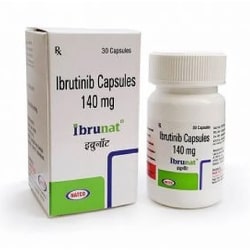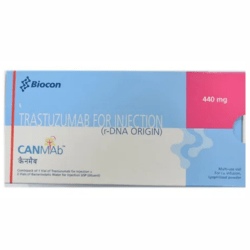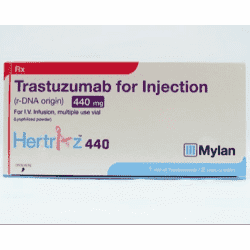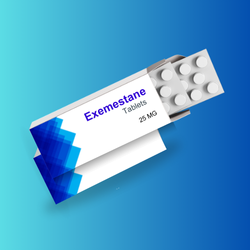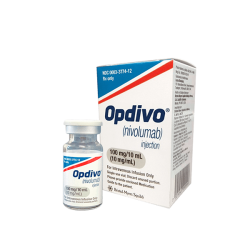Description
What is Ibrutinib and what it is used for:
Ibrutinib capsule is a thalidomide analogue drug.
Ibrutinib Capsule is recommended for the treatment of patients with:
- Mantle cell lymphoma who have received at least one therapy earlier.
- Chronic lymphocytic leukemia/Small lymphocytic lymphoma.
- Small lymphocytic lymphoma(SML) or Chronic lymphocytic leukemia (CML) with 17p deletion.
- Waldenström’s macroglobulinemia (WM)
- Marginal zone lymphoma patients who need systemic therapy and have received at least one anti-CD20-based therapy earlier.
- Chronic graft-versus-host disease (cGVHD) after the failure of one or more lines of systemic therapy.
Source: https://www.accessdata.fda.gov/drugsatfda_docs/label/2019/205552s026,210563s002lbl.pdf
Recommended Dosage
Ibrutinib should be taken orally at about the same time each day with a glass of water. Do not cut, crush or chew. Imbruvica capsules must be gulped whole with water. One should avoid opened, broken, or chewed capsules.
- In Mantle Cell Lymphoma and Marginal Zone Lymphoma patients: The dose of Ibrutinib capsule recommended by healthcare professionals for Mantle Cell Lymphoma and Marginal Zone Lymphoma is 560 mg orally once daily until disease progression or unacceptable toxicity.
- In Chronic Lymphocytic Leukemia/Small Lymphocytic Lymphoma and Waldenström’s Macroglobulinemia patients: The recommended dose of Ibrunat capsule for Chronic Lymphocytic Leukemia/Small Lymphocytic Lymphoma and Waldenström’s Macroglobulinemia is 420 mg orally once daily until disease progression or unacceptable toxicity. The recommended dose of Ibrunat for CLL/SLL when used in combination with bendamustine and rituximab (administered every 28 days for up to 6 cycles) is 420 mg orally once daily until disease progression or unacceptable toxicity.
- In Chronic Graft versus Host Disease patients: The recommended dose of Ibrunat capsule for Chronic Graft versus Host Disease is 420 mg orally once every day until cGVHD progression, recurrence of an underlying malignancy, or unacceptable toxicity. When a patient no longer needs the therapy for the treatment of cGVHD, Ibrunat should be discontinued, considering the medical assessment of the individual patient.
Ibrutinib capsule side effects:
The most common adverse reactions include diarrhea, thrombocytopenia, neutropenia, fatigue, anemia, musculoskeletal pain, bruising, upper respiratory tract infection, rash, and nausea.

